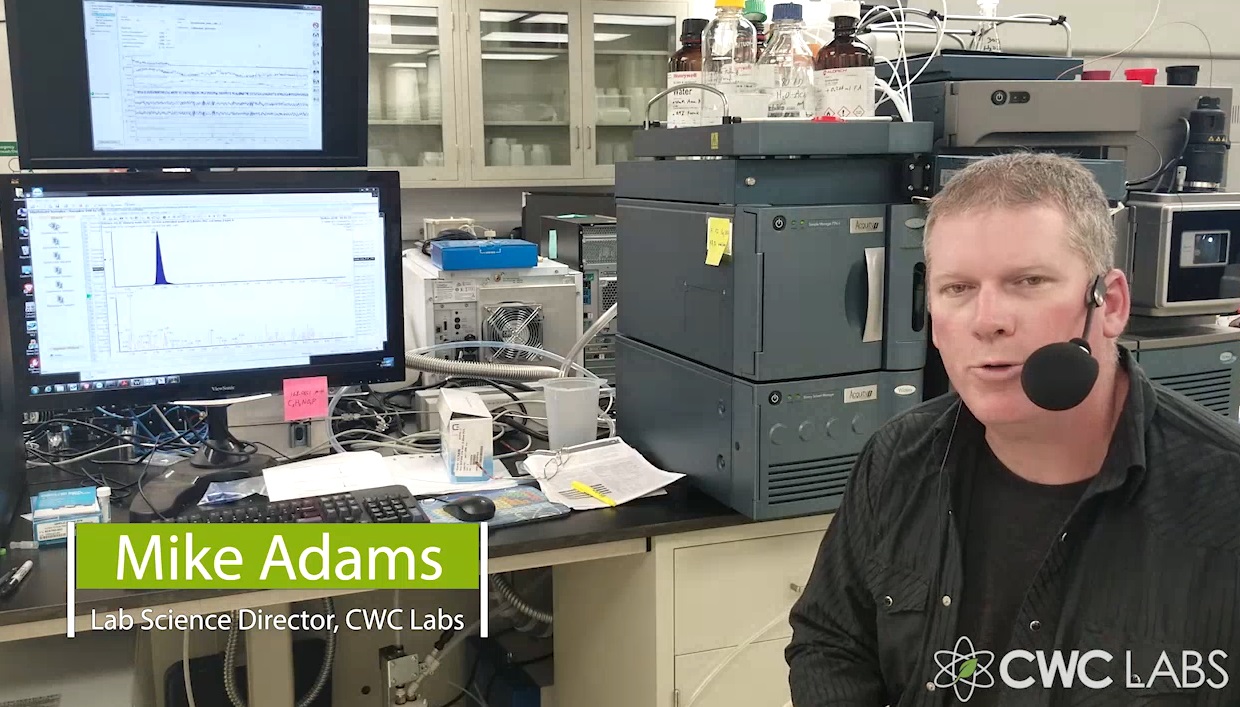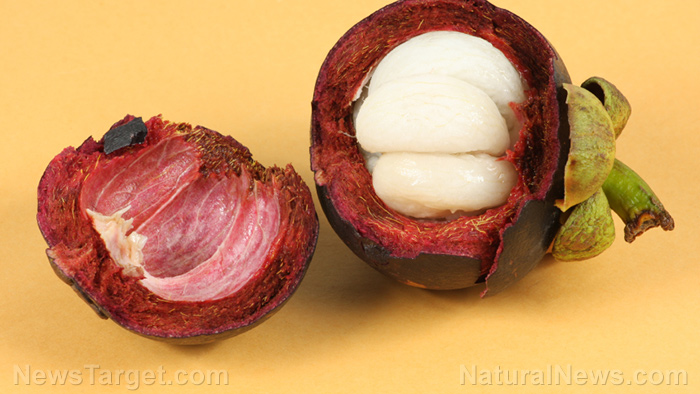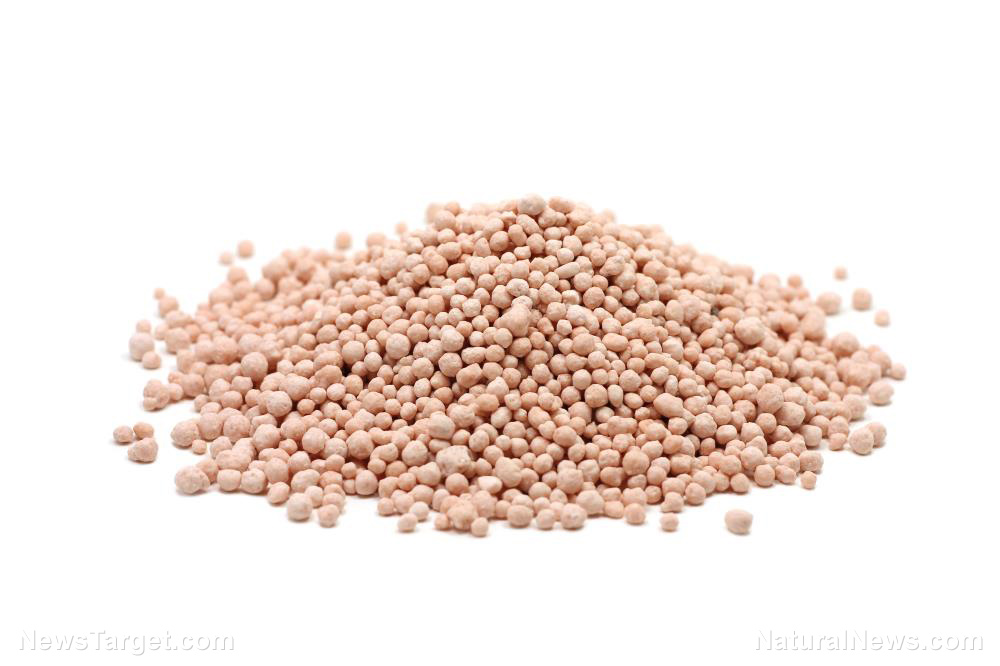Prebiotic fiber containing beta-glucan shows promise for leaky gut sufferers
03/18/2018 / By Edsel Cook

A recently-developed prebiotic fiber rich in beta-glucan sugars could help patients who suffer from intestinal permeability. Recently tested by a Swedish team, the yeast-derived natural supplement promises to amend leaky gut, reported a NutraIngredients article.
Developed by pharmaceutical company Biothera Inc. and produced by Kerry Group, Wellmune is a prebiotic dietary fiber made from bakers’ yeast. It is rich in beta-glucans, a group of sugars found in the cell walls of bacteria, fungi, yeasts, and certain plants like oats and barley.
Beta-glucans bolster the immune system’s responsiveness against diseases and infections. It can help mediate cancer, diabetes, and HIV/AIDS.
Testing performed by researchers from the University of Örebro in Sweden suggests that the yeast-derived prebiotic fiber could improve intestinal barrier function for normal people and patients with Crohn’s Disease, an inflammatory bowel disease (IBD) that causes painful swelling in the digestive tract.
According to the researchers, Wellmune reduces the permeability of the follicle-associated epithelium (FAE) and intestinal villi found in the ileal part of the small intestine. The beta-glucan fiber also reduces permeability through spaces between cells in the epithelium – the tissues that cover the outside of organs and blood vessels – and through cells themselves.
Furthermore, the study suggests that the prebiotic fiber can be absorbed by both villi and Peyer’s Patches, which are small masses of lympathic tissue that regulate gut microbe populations.
Prebiotic fiber reduces intestinal permeability by preventing inflammation
Wellmune improves intestinal barrier function by stopping mast cells – a specialized type of white blood cell – from releasing chemical mediators that triggered inflammation. Swollen blood vessels have higher permeability.
“We provide evidence that yeast-derived beta-glucan has a beneficial effect on ileal barrier function by inhibiting stress effects on the epithelium,” remarked Dr. Åsa Keita, the primary author of the University of Örebro study.
“Beta-glucan was able to attenuate paracellular and transcellular hyperpermeability caused by mast cell-degranulation,” he said.
Normally, mast cells are triggered by the presence of allergens and pathogens in the system. However, earlier research revealed that chronic and acute stress can also activate mast cells, which results in swollen and permeable epithelium.
“Our results provide important and novel knowledge, and highlight the possible application of yeast-derived beta-glucan in health disorders and diseases characterized by intestinal barrier dysfunction, such as CD,” Dr. Keita said. (Related: Boost your metabolism AND the microbiota in your colon with a small amount of prebiotics.)
Stopping leaky gut will also stop other diseases
Since it boosts intestinal barrier function in individuals without IBD, beta-glucan prebiotic fiber could see wider use in maintaining gut health.
Also known as ‘increased gut permeability,’ leaky gut has been linked to chronic diseases like inflammatory bowel diseases, Alzheimer’s disease, and diabetes.
Previous studies have suggested that psychological stress can leaded to increased intestinal permeability. The Swedish researchers simulated stress in their study with Compound 48/80.
Their results suggest Wellmune could help offset the harmful effect of stress on the gut.
“The body’s intestinal barrier function allows for the absorption of things like nutrients and water, while simultaneously maintaining an effective defense against toxins and pathogens that can be harmful to our health,” explains Dr. Donald Cox, the Director of R&D who oversaw the development of Wellmune.
According to him, the preliminary results of the University of Örebro study must be validated by additional research. However, he also believes that the beta-glucan fiber could improve intestinal barrier function.
“This new study has given us more insight about the identity of some of the cells that interact with Wellmune in the human gut and a greater understanding of the first steps in the mechanism of action for Wellmune,” Dr. Cox believes.
Find more information on natural supplements at SupplementsReport.com.
Sources include:
Tagged Under: bakers' yeast, beta-glucan, diabetes, digestive health, gut permeability, ileal, inflammatory bowel diseases, Intestinal Permeability, leaky gut, nutrients, prebiotic fiber, prebiotics, small intestine, stress, supplements, yeast




















